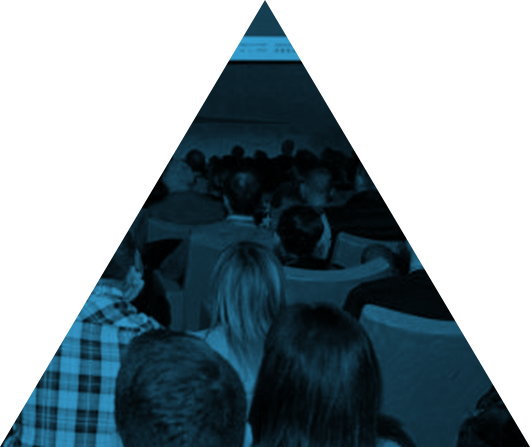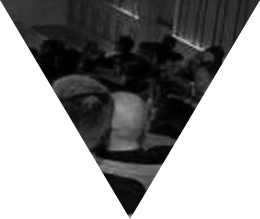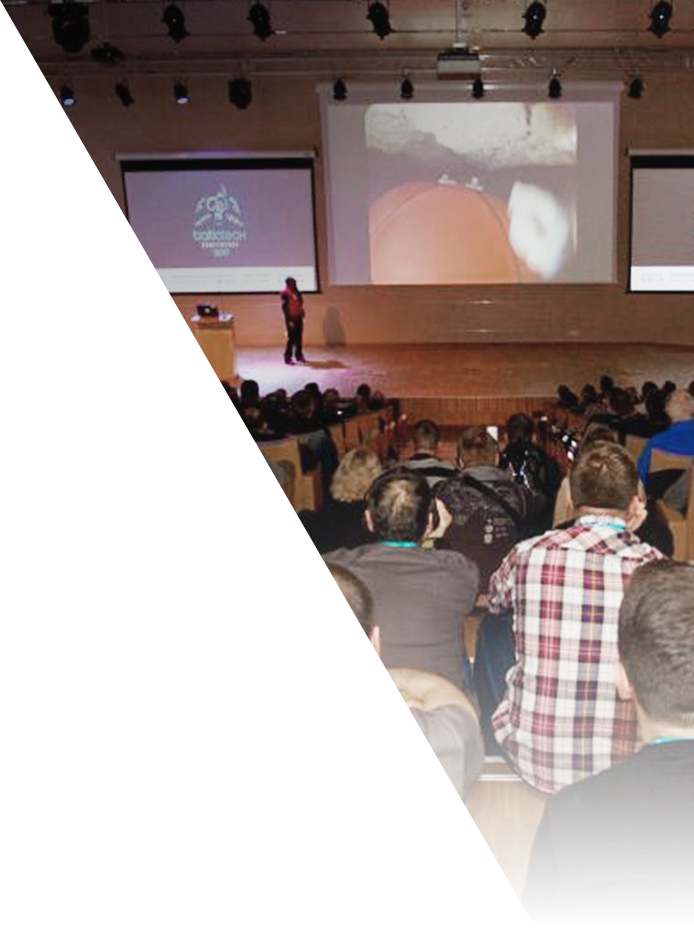Pasquale Longobardi
Degree in Medicine and Surgery Naples University (1986). Postgraduate in Diving and Hyperbaric Medicine, Chieti University (1989). Master (2 yrs) in Health Management at the SDA Bocconi Business School (1997). Master (2 yrs) in Marketing and Communication at the Sole 24 Ore Business School (2009). Professional Affiliations: Researcher at the Diving & Hyperbaric Research Institute of the Metropolitan City of Naples (1982-1989). Chief Medical Director of the Hyperbaric Centre of Ravenna (since 1989). A medical representative for Italy in the European Diving Technology Committee (EDTC) and member of the EDTC Executive Committee (since 1993). Member of the European Committee on Hyperbaric Medicine (ECHM) and the EDTC Technical and Training (since 1998). Member of the ECHM Executive Board (since 2003). Italian representative in the Management Committee Action COST B14 "Hyperbaric Oxygen Therapy" of the EU Directorate General XII for Scientific and Technological Research (1999-2004). Member of the Diving Medical Technology Committee (DMAC, since 2005). Adjunct Professor at the Postgraduate School in Diving and Hyperbaric Medicine at the Chieti University (1998-2006). Affiliated Researcher of the Institute for Life Sciences and Adjunct Professor at the University second level Master in Diving and Hyperbaric Medicine of the Scuola Superiore Sant’Anna (Superior School for Advanced Studies), Pisa, Italy (since 2006). Awarded by the Tridente d’Oro (Golden Trident) of the International Academy of Underwater Sciences and Techniques (2009) and President of the Academy in 2021. External Advisor of the World Union Wound Healing Societies (WUWHS). Executive Board and Supervisor for North America: Canada, US (2016-2020). Vice President of the Italian Diving and Hyperbaric Medicine Society (SIMSI) and former President in 2016-2020. President of the AA Fondazione Mistral. Chief Medical Director of Dive Doctors Italy (more than 9,500 days of health assistance in person or remote health care provided on diving worksites. Level of technical diving instruction: JJ-CCR diver Extended Range level II (normoxic trimix 60 m).
Title of the presentation: "Do health conditions affect performance in technical diving and beyond?"
If you had to choose between two cars, one with a 1.5cc 120hp engine and the other with a 1.9cc 100hp engine, which one would you prefer? The choice depends on the characteristics of the car: vehicle weight, maximum speed, type of engine (number of cylinders, type of fuel), traction and power distribution. The safe technical diving depends on ten parameters: age, genetic profile (polymorphism), immune system, cholesterol, fitness (Body Mass Index and body fat percentage), smoking, cardiopulmonary performance, frequency and type of dive. A performance score can be defined, based on these values, that affects the setting of the computer parameters (for example, Gradient Factors or Mnemonic Decompression). For critical scores, there are corrective measures (thermal protection, dive propulsion vehicle, appropriate breathing mix, bioregulatory systems medicine) to improve body performance while diving and beyond. Our body is a complex system of 32 trillion cells that talk to each other via chemical and gaseous signals. Technical diving influences some signals (such as nitric oxide) essential for the proper functioning of blood vessels (a five-a-side football field surface) and the central nervous system. A correct lifestyle and diving according to good practices improve well-being and could protect the body from cardiovascular, brain and some types of cancer.


